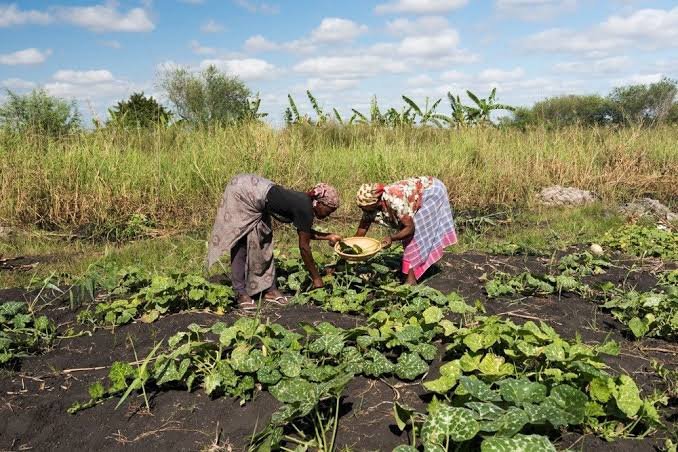Following the move by Kenya, whereby the High Court dismissed petitions that were challenging the lifting of a ban on genetically modified organisms (GMOs) in November 2024, the National Biosafety Authority (NBA) in Kenya has mandated that individuals rearing GMOs must register and obtain approval first.
In accordance to the Biosafety Act, unauthorized dealings with GMOs will be punishable by law, ensuring that all activities related to GMOs are conducted within a regulated framework.
With the recent ruling overturning the ban placed on GMO cultivation in 2012, it paves the way for more extensive evaluations of genetically modified crops such as maize, cassava, and sweet potato.
These crops are being developed to enhance agricultural resilience, addressing issues such as pest resistance and climate adaptability.
Kenya joins a growing list of 11 African nations that are advancing GMO cultivation as a strategy for sustainable farming. This move is expected to boost agricultural productivity and contribute to food security in the region.
The NBA’s stringent regulatory measures aim to balance the benefits of GMO technology with the need to ensure environmental and public safety.
The lifting of the GMO ban and the subsequent regulatory requirements represent a significant development in Kenya’s agricultural sector.
As the country navigates this new landscape, the focus will be on leveraging GMO technology to improve crop yields and resilience while maintaining rigorous safety standards.


